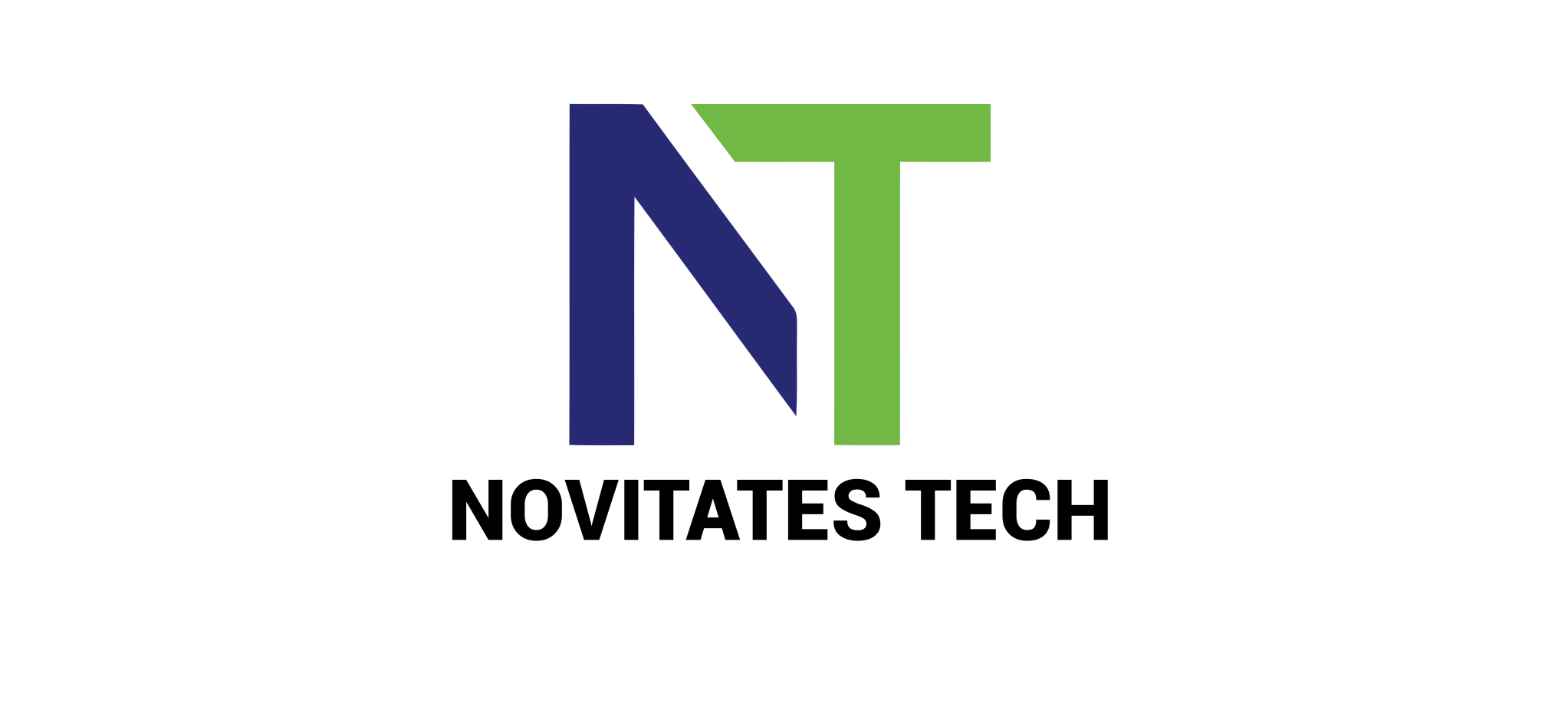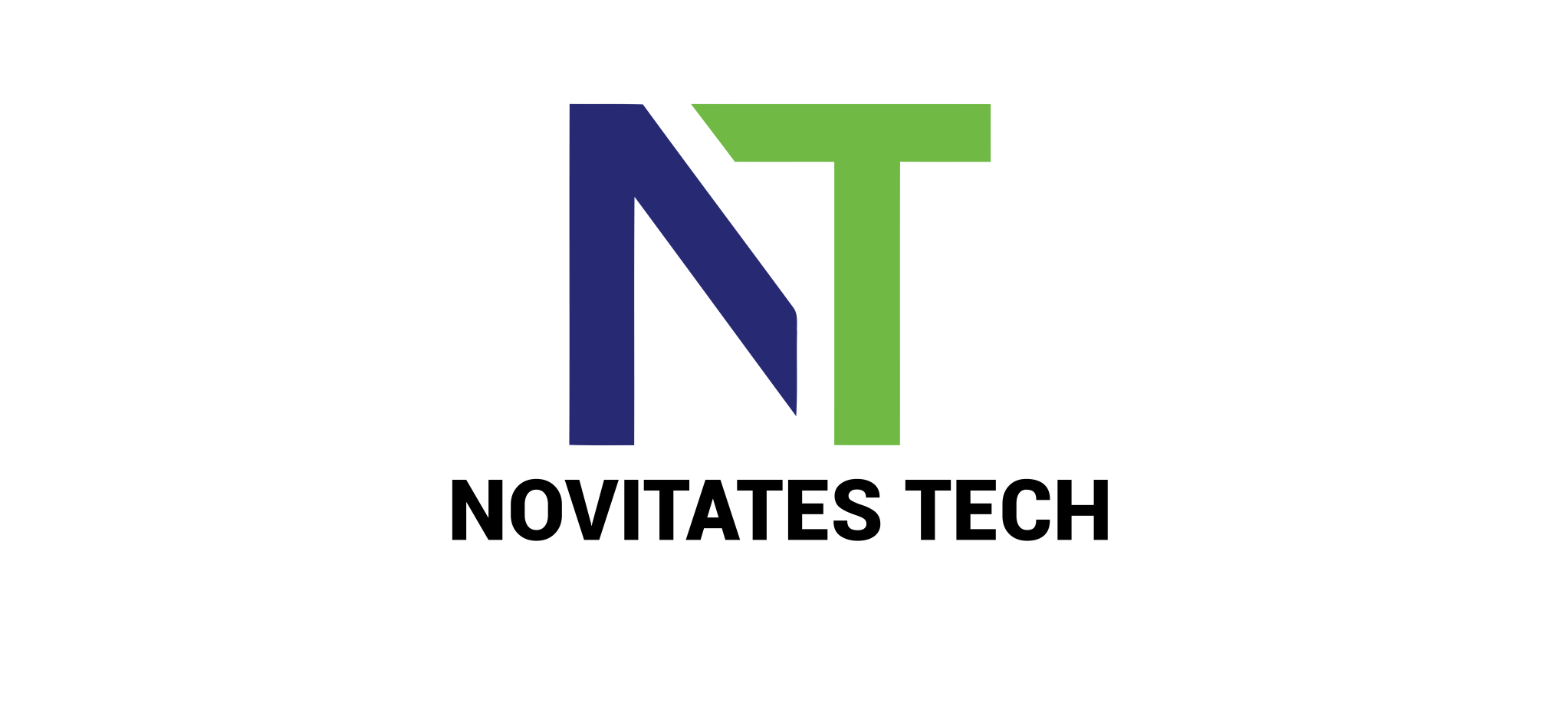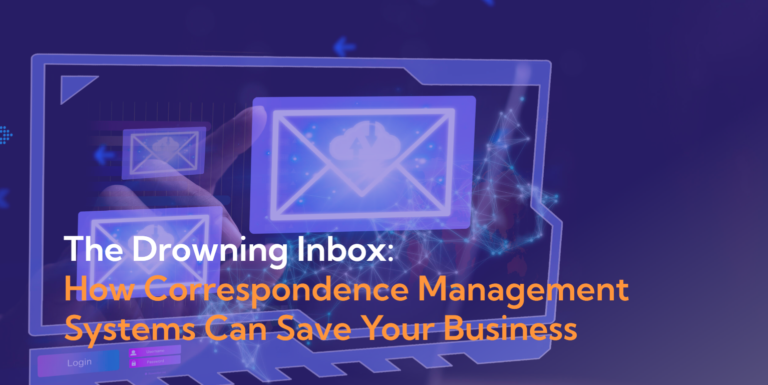In the fast-paced world of artificial intelligence (AI), competition is fierce as tech giants race to commercialize cutting-edge technology. Google, Microsoft, and other players are pushing boundaries with their latest generative AI systems and partnerships, aiming to revolutionize various industries.
Google’s Gemini Unleashed
Google is set to launch Gemini, its latest generative AI system, alongside new offerings for businesses and consumers. Described as the search giant’s “largest, most capable, and most general” AI system, Gemini will be available as a free app on both Google’s Android and Apple’s iOS app stores. This move marks Google’s continued commitment to democratizing AI technology and making it accessible to a wider audience. By providing Gemini through mobile app stores, Google aims to empower developers and users to explore the capabilities of this advanced AI system^[1^].
Kyndryl and Google Cloud: A Strategic Alliance
Kyndryl, an IT infrastructure services provider, has expanded its partnership with Google Cloud to develop responsible generative AI solutions. Since 2021, Kyndryl and Google Cloud have collaborated to help global businesses transform using advanced AI capabilities. Now, they aim to leverage Google Cloud’s in-house AI capabilities, including Gemini, along with Kyndryl’s expertise and managed services to deploy generative AI solutions for customers. This strategic alliance reflects the growing importance of AI in driving digital transformation and innovation across industries. By combining forces, Kyndryl and Google Cloud seek to address complex business challenges and deliver tangible value to their clients^[2^].
Microsoft’s Collaboration with Sarvam AI
Indian startup Sarvam AI is collaborating with Microsoft to bring its Indic voice large language model (LLM) to Azure. This partnership underscores Microsoft’s commitment to driving AI-driven growth and innovation in India. Sarvam AI’s Indic voice LLM, initially available in Hindi, aims to provide a natural voice-based interface while expanding coverage to more Indian languages. By integrating Sarvam AI’s advanced AI technology with Microsoft’s Azure cloud platform, the collaboration aims to empower developers and businesses to build AI-driven solutions that cater to diverse linguistic and cultural needs^[3^].
Verisk’s Automated Generative AI Tool
Verisk, a global data analytics and technology provider, has introduced an automated Generative AI tool to support faster insurance claims processing. With claims professionals facing challenges such as a shrinking skilled workforce, Verisk’s tool aims to enhance productivity and drive operational efficiency by automating data extraction and organization. The new feature is designed to address these challenges by automating the extraction and organization of key treatment data and medical information, enabling claims handlers to compile comprehensive record summaries in a fraction of the time previously required. Verisk’s Discovery Navigator platform has already demonstrated significant improvements in claims handling efficiency, with up to 90% faster manual record review and up to 95% accuracy rates^[4^].
Shopify Faces Competition with Generative AI
The eCommerce industry is booming, with projections indicating significant growth in the coming years. Shopify, a leading eCommerce company, faces competition from AI-centric companies like 10Web, offering innovative generative AI solutions. Unlike the traditional two-week setup time for a Shopify store, 10Web enables customers to build a fully functional online shop in just 10 minutes, leveraging opensource and generative AI approaches. This shift underscores the growing importance of AI in revolutionizing eCommerce operations and customer experiences. As businesses seek to stay ahead in a competitive market landscape, embracing AI-driven solutions could be the key to unlocking new opportunities and driving sustainable growth^[5^].
Addressing AI Risks: A Collaborative Effort
Recognizing the importance of safe AI development and deployment, the U.S. has formed a consortium with over 200 entities to support this initiative. By joining forces, leading AI companies aim to address risks associated with AI technology. The consortium’s collaborative approach reflects a shared commitment to ensuring the responsible and ethical use of AI, while also promoting innovation and progress. By leveraging collective expertise and resources, the consortium seeks to establish best practices, guidelines, and standards to mitigate AI-related risks and safeguard societal well-being^[6^].
The race for generative AI dominance is heating up, with Google, Microsoft, and other players vying for market leadership through innovation, strategic partnerships, and a focus on responsible AI development.






